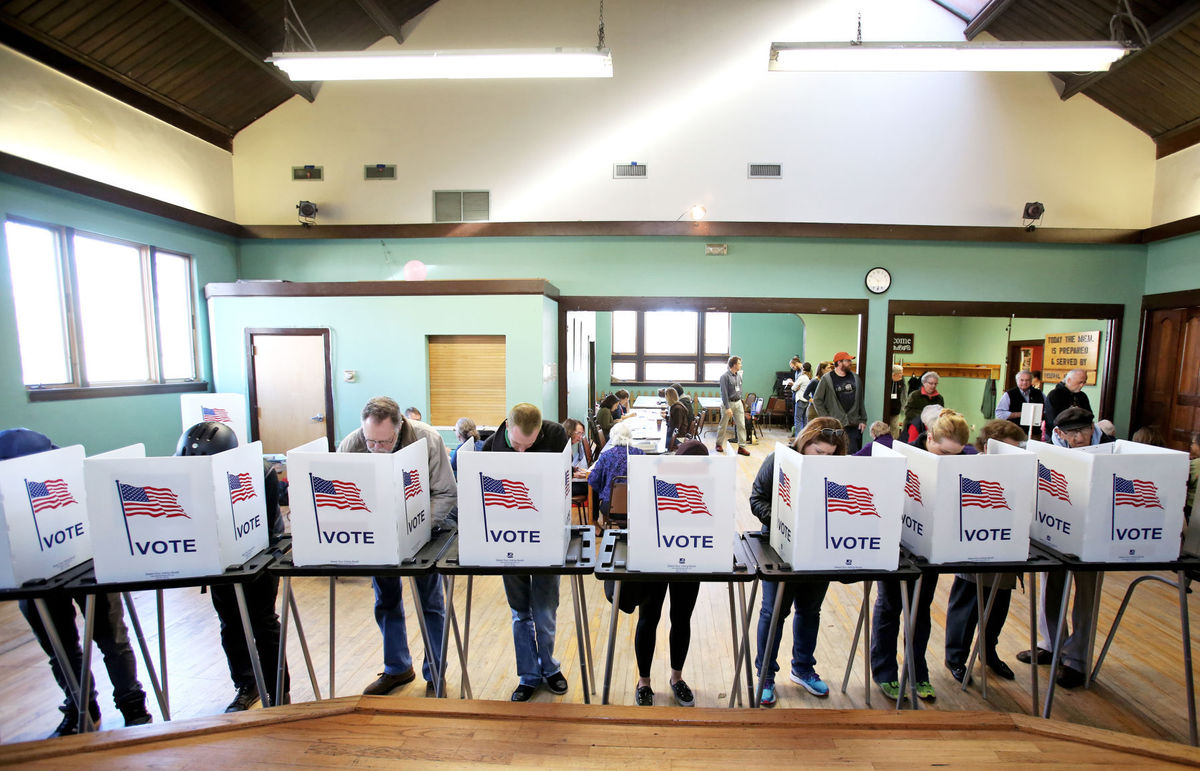8 Things You Need To Know About The US Electoral College
Nov 22, 2016 • Joseph Nacino

Nov 22, 2016 • Joseph Nacino
The capital of the US—located in Washington, DC (or District of Columbia)—has its own allocation of three Electors befitting its status.
Once everyone has voted, the votes are counted per state to determine which presidential candidate has won in those states. Having known how many states they win determines the number of electors each party will send to the Electoral College. These then gather at a certain date after elections to cast their votes.
Though most states are “winner-takes-all”, i.e. the winning presidential candidate in each state gets to send all of their electors, some states like Maine and Nebraska have a variation called “proportional representation.” This allows minorities to participate in the process.
Once the Electoral College, each party’s electors gather to vote. Though the US Constitution doesn’t restrict electors to vote for the party’s candidates (there’s no Federal law against it either), some states forbid electors for being “faithless Electors.” These Electors are fined and their votes rendered invalid, with substitute “faithful” Electors taking their place. As of present, more than 99 percent of Electors chosen have voted according to their party.
What do you think about the electoral college system? Tell us below!
Pages: 1 2
Input your search keywords and press Enter.
